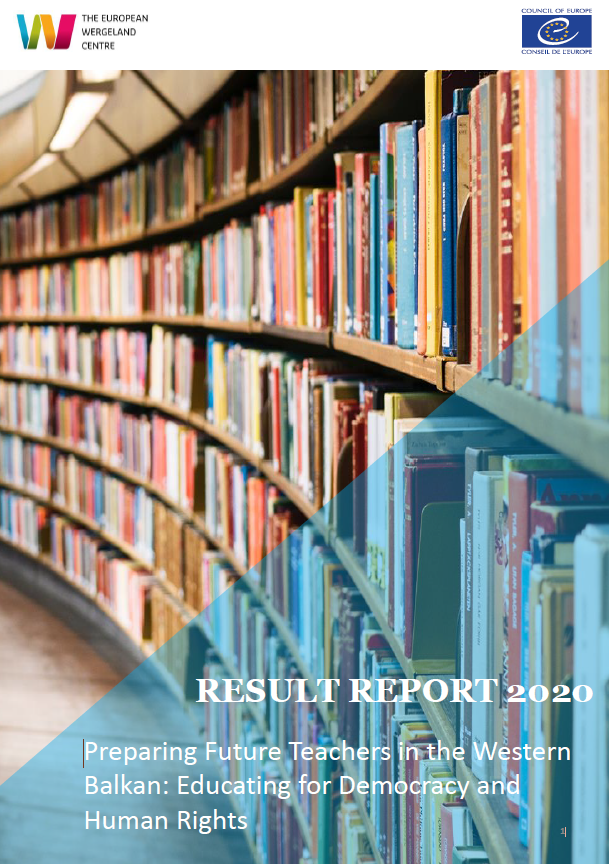The Western Balkans are slowly opening and travelling across the region is finally possible. EWC Regional coordinator Bojana Dujkovic visited 6 countries and met with universities and embassies travelling with the recent result report for Preparing Future Teachers in her suitcase.
After their meeting with Bojana, the Norwegian Embassy in Belgrade wrote on Facebook that the Western Balkan countries have taken important steps to modernize their curriculum and school education programs with an approach that reflects values and principles such as democracy, public participation and inclusion.
The embassy went on to highlight the EWC project ′′ Preparing future teachers in the Western Balkans: Education for Democracy and Human Rights”, financed by the Ministry of Foreign Affairs of Norway:
“The project contributed to the quality of education of teachers in Albania, Bosnia and Herzegovina, Kosovo *, Montenegro, Northern Macedonia and Serbia, through enabling cooperation between universities and higher education institutions. It also contributed to the development and integration of new university courses at the BA / MA level with emphasis on practical teaching and promoting democratic values”, the embassy noted having received their copy of the recent project result report.
Bojana reports that the project network exits the pandemic vibrant and well connected. 7 faculties were testing their semester courses in the secod semester 2020/21. The others had finalized the testing of their courses in first semsters. Besides that all 12 universities/faculites participated in network activites – webinars
Restriction measures caused by the Corona virus had a great influence on the learning and teaching process but educators have found ways to organize mentoring processes for the teacher education students.
A further 4 semester courses developed and tested within the project are in the final stage of editing and will be published in the coming days. These are concrete show cases and lessons learned on how the Council of Europe Referene Framework of Competences for a Democratic Culture (RFCDC) can be integrated into pre-service education courses (in the areas of chemistry, mathematics, didactics and methodics of teaching and learning) with a lot of background information on know how to engage teacher students and to boost active teaching and learning, focusing on competences and democratic education.
Read more about the work done and the results achieved in this result report.
